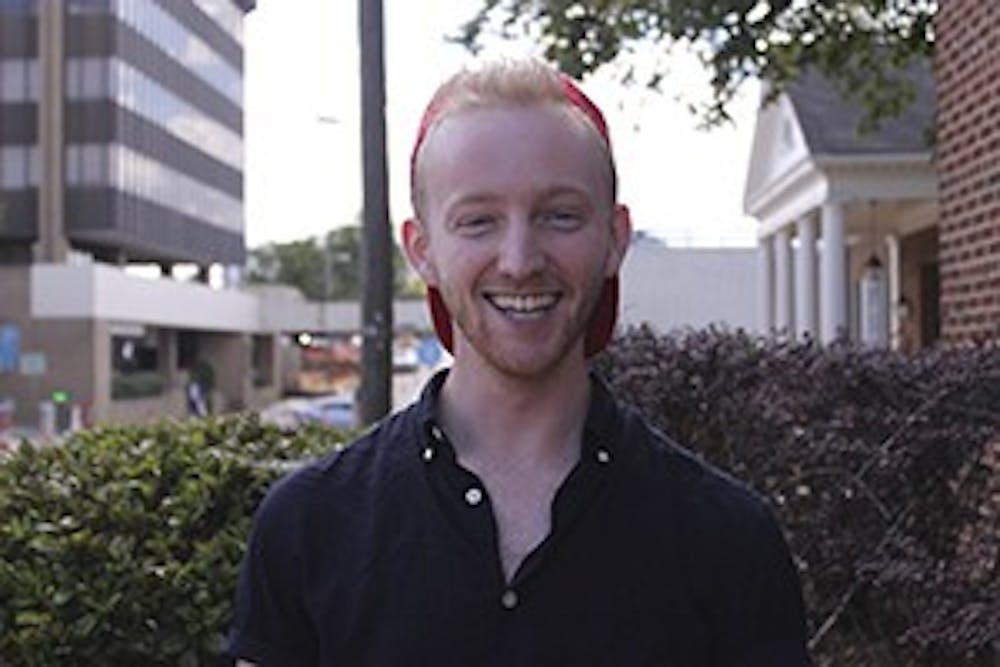When I was a senior in high school, I stayed up all night writing an essay for an LGBTQ scholarship. The prompt was something along the lines of, “How have you worked to change the perceptions of gay people in your school?”
Thinking the whole time I was a groundbreaking contrarian, 17-year-old me basically turned in a poster-child argument for respectability politics and queer kids “just being normal.”
Four years later, that essay still makes me want to vomit. If I didn’t accidentally kill my old hard drive with a cup of coffee, I’d probably be purposely purging it with a bottle of pink moscato or some other cheap, campy wine right now.
But no matter how embarrassing past views might be, I think it’s important to see them as something you’ve learned and grown from — not some shameful, negative reflection of who you are as a person.
Earlier this month, feminist scholar Chimamanda Ngozi Adichie received some backlash for comments she made about trans women experiencing male privilege in a way cis women never do — implying to a lot of folks that trans women aren’t “real” women.
Adichie was pretty quick to clarify her thoughts on Facebook, and I commend her for that. She owned up to not having fully conceptualized the experiences of a diverse and nuanced community — and honestly, I think that’s kind of understandable for a cis person.
It’s tough to admit that a belief you hold is problematic — and it’s even tougher to be able to divorce your recently recognized biases from your character as a person. We should all strive to keep learning and hold one another accountable if we fall complacent in pursuing progress.
But publicly shaming those who misstep or are uninformed isn’t a goal for a movement. A goal is to eradicate the sexism, racism, heterosexism, transphobia, ableism and other ingrained biases and oppressions that have shaped us all in various ways.
I’m concerned about this pattern that arises in popular progressivism — in part because I find myself falling into it often. A well-intentioned person will say something that trips my mental alarms, and I instinctively jump to condemn them as a bad person, or screenshot it to my friend, or roll my eyes and scoff.



